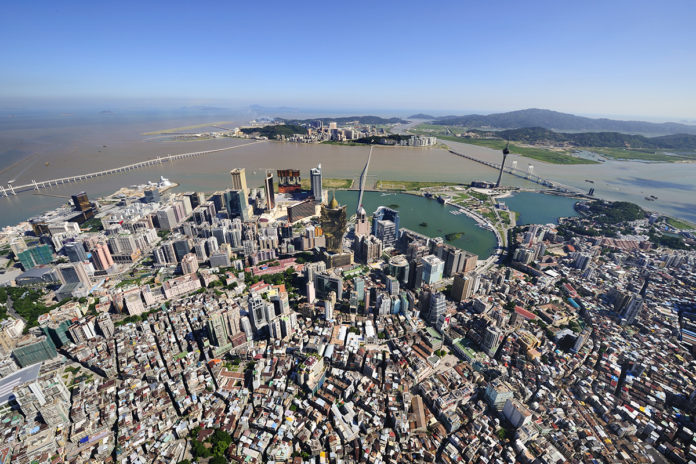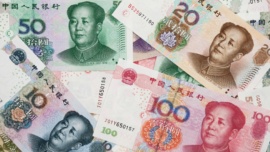Another year has passed and, once again, a new casino gross gaming revenue record has been set in Macau. The city posted a spectacular growth rate above 50 percent, showing strong resilience in the face of continuing global economic ructions. More importantly, Macau demonstrated that the liberalisation of gaming in Singapore was not a threat to its success. Both cities were able to thrive, without a significant negative impact here. As noted by several analysts, the trend is set to continue in the years to come. For instance, PricewaterhouseCoopers estimates that Macau’s casino gross gaming revenue will double in the next four years. With more and more mainland tourists flocking to Macau, that is the way things seem to be going. However, size is not the only thing that matters. One must not forget that in its first full quarter in operation, Marina Bay Sands in Singapore was already the most profitable property of Las Vegas Sands, having surpassed The Venetian Macao. For any company, that is what matters in the end. There are two major reasons why Singapore is more profitable than Macau: lower taxation and less – or officially, no – junket VIP business. Having been an established gaming market for decades, Macau might not be expected to change its fundamentals easily. There is no doubt that VIP business will still be a major source of casino revenue in the years to come. Junkets will also maintain their essential role, as they allow casinos to reduce bad credit risk and are needed to facilitate the money flows in and out of the mainland. On the other hand, although it would not adversely affect the government’s finances much, a cut on gaming taxes is unlikely. While inflation persists and a significant part of the population has yet to feel the benefits of the gaming boom, such a measure would be political hara-kiri. But Macau’s basic business model is the same as it was five years ago. Of course, slots have expanded, as has the mass market, and some casinos are chasing direct VIP business. But overall, things are still pretty much the same. New realityThat is not good. Singapore’s entry should have been a wake-up call and the first to react should have been the government. From an operator’s standpoint, Singapore is a much better bet. Look at the benefits it gives Sands: higher profit per property and nobody taking back land in which it has already been allowed to invest more than US$100 million (MOP800 million). The Macau government needs to wake up fast to this new reality, as it is the major net beneficiary from gaming here. First, it needs to be more business-friendly and transparent when dealing with casino operators’ requests. For a business, the bigger problem is not a swift “no” but an interminable “maybe”. Second, casinos are entitled to ask where all their tax money has gone. If part of the population can complain that the liberalisation of the casino industry has made them no better off, the gaming operators can ask what has happened to the light railway system they were promised, or the international airlines that were supposed to be flying to Macau, or the pedestrian tunnel to Zhuhai. For the time being the Macau government has the upper hand because the territory holds a quasi-monopoly on the supply of Chinese players. Even if casino profit margins are lower than in Singapore, the high volume of business offsets this and still makes the market here very attractive. But Chief Executive Fernando Chui Sai On and his team should look ahead and search for more sustainable long-term solutions that will please all parties. Otherwise, with more Asian jurisdictions considering legalising casinos, gaming operators here will start thinking twice before pouring more money into Macau, especially into the non-gaming assets that the government wants them to invest in.
—
























